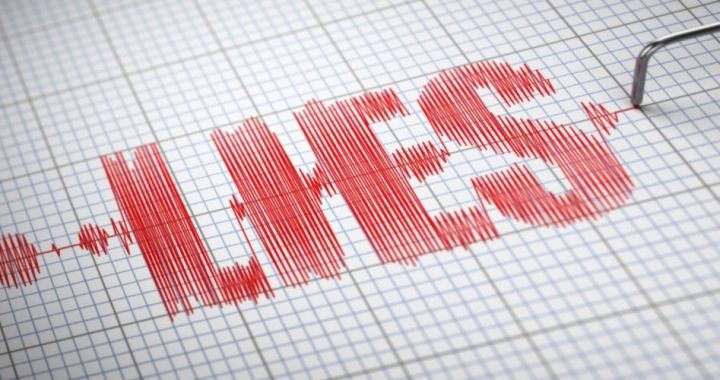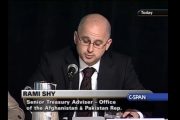
The special prosecutor in the Jussie Smollett hate hoax has concluded that Cook County State’s Attorney Kim Foxx and her office abused their discretionary authority in handling the case and that they repeatedly lied to the media and might have violated the ethics of the legal profession.
Foxx’s office let Smollett off the hook after he led police on a snipe hunt to find two “racists” who supposedly beat him up and pelted him with racial and “homophobic” slurs for good measure in January 2019.
Such was the consternation after Smollett skated away that Dan Webb, a widely respected lawyer and former U.S. Attorney, received a commission to probe the hoax, which had sent the nation into yet another unnecessary moral panic about “racism.”
On Monday, Webb released a 12-page summary of his 60-page report about the case.
The Hoax and New Charges
The genesis of the report was the decision by Foxx’s office to drop the case against the Empire actor after police showed that he staged an elaborate hoax with two body-builder Nigerian brothers. Smollett falsely claimed two Trump supporters attacked him in the wee hours of the morning on January 29, 2019, doused him with bleach, and put a noose around his neck.
The hoax led to 16 felony charges. Investigating it cost the city $130,000.
Determining whether Smollett should be charged with a crime or crimes was one of Webb’s two directives. In February, more than a year after the original charges, Webb indicted Smollett on six counts of disorderly conduct.
“Jussie Smollett planned and participated in a staged hate crime attack, and thereafter made numerous false statements to Chicago Police Department officers on multiple occasions, reporting a heinous hate crime that he, in fact, knew had not occurred,” the indictment says.
But that, as Webb’s report says, was only one of his missions.
The second was determining whether Foxx and/or her office were guilty of wrongdoing when they dropped the case against the actor.
Conclusions About Foxx and Her Office
Answer in a word: Yes.
Webb concluded that Foxx’s office abused its discretion not only in dismissing the charges when the evidence clearly showed that prosecutors had a “strong case,” but also in lying about Smollett and the case to the public on at least six occasions.
Two of the notable lies were these, the report avers:
The [Cook County State’s Attorney’s Office] and State’s Attorney Foxx made false public statements representing that Mr. Smollett had no criminal background, though the CCSAO specifically stated at Mr. Smollett’s bond hearing that Mr. Smollett has a prior misdemeanor conviction out of California from September 22, 2007 for DUI, driving without a license, and giving false information to the police, for which he was placed on 24 months of probation.
After telling reporters on March 27, 2019 that the CCSAO had a strong case and would have prevailed at trial, State’s Attorney Foxx published an op-ed in the Chicago Tribune on March 29, 2019 where she falsely represented that the “office believed the likelihood of securing a conviction was not certain.”
Another discretionary abuse was Foxx’s recusing herself and naming a deputy as “Acting State’s Attorney,” a power she did not have. Then she and her office lied about the blunder to the media “because they did not want to admit that they had made such a major mistake of judgment,” the report says.
Foxx also lied in publicly claiming she had stopped communicating with Smollett’s sister, Jurnee, after the probe of his hoax began, the report concludes.
But even worse for Foxx and her office, all those lies provide “evidence that may rise to the level of a violation of legal ethics by State’s Attorney Foxx and CCSAO lawyers.” Though the special prosecutor cannot determine whether Foxx and her adjutants violated the rules of their profession, he is duty-bound to report the putative ethical infractions to the state’s legal authorities.
Webb “did not develop evidence” to show that Foxx intervened in the case after she improperly recused herself, but did gather evidence that showed that her office updated her frequently about it.
Nor did the prosecutor find enough evidence to file criminal charges against Foxx or her subordinates.
Webb’s effort in gathering evidence on Foxx and her office involved 53 interviews, more than 50 subpoenas and/or document requests, and collecting more than 120,000 pages contained in 26,000 documents.
Image: Thinkstock
R. Cort Kirkwood is a long-time contributor to The New American and a former newspaper editor.



